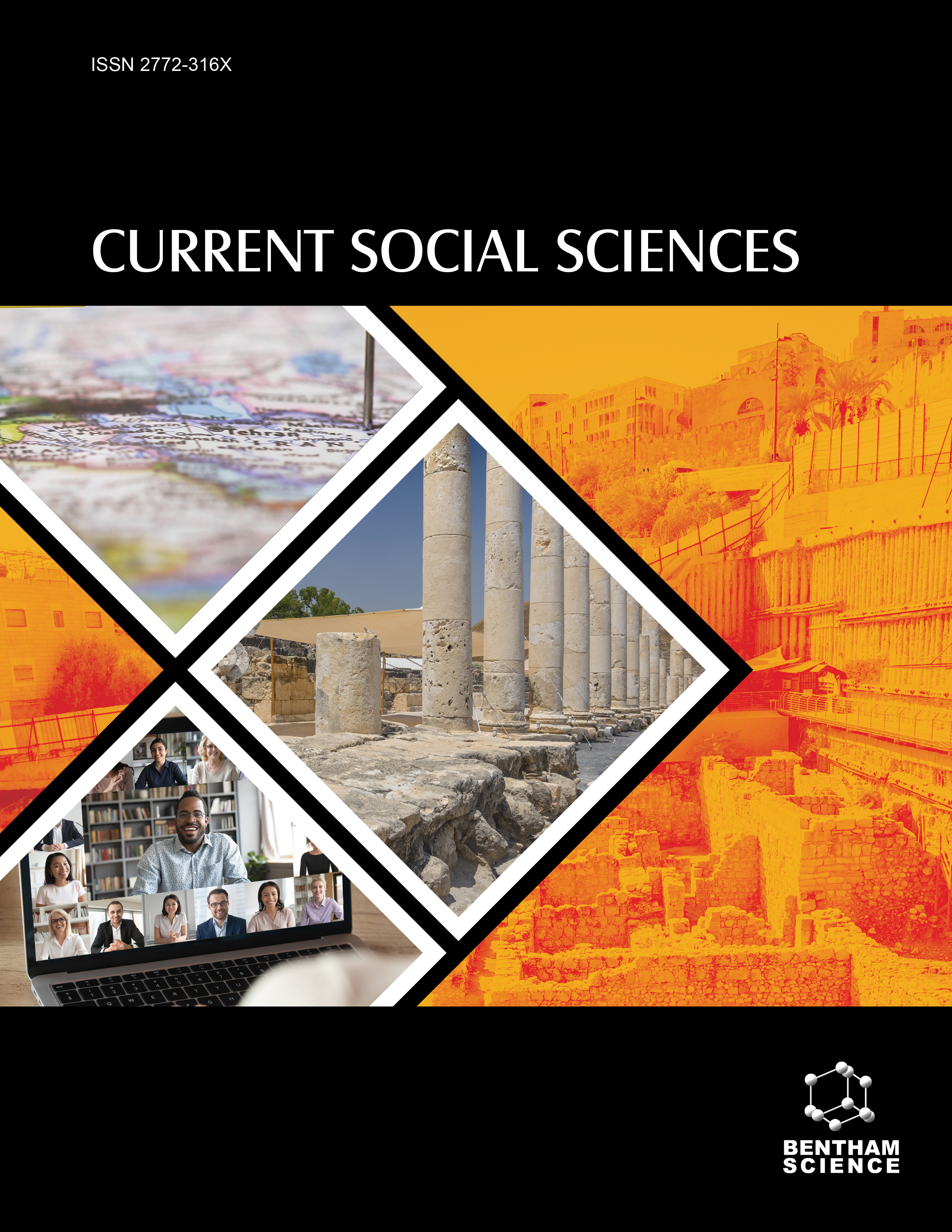
Full text loading...

Knowledge is one of humanity's most valuable assets, continuously deepened and developed across various dimensions, significantly enhancing the quality of life. This study aimed to investigate the impact of six factors on the sense of knowledge sharing among accountants in Ho Chi Minh City during the COVID-19 pandemic. The factors examined were the following: (1) ability to manage personal information, (2) organizational image, (3) reciprocity, (4) loss of knowledge power, (5) characteristics of the accounting profession, and (6) legal regulations related to COVID-19.
This quantitative research study has been built on the framework established by Kankanhalli et al., formulating hypotheses to assess the impact of these factors on knowledge sharing among accountants in the context of the COVID-19 pandemic in Ho Chi Minh City.
Survey data from 120 accounting professionals have indicated four of the six factors, including organizational image, reciprocity, legal regulations related to COVID-19, and characteristics of the accounting profession, to significantly influence knowledge-sharing consciousness among accountants in Ho Chi Minh City.
The COVID-19 pandemic has positively influenced knowledge sharing, as disruptions in activities and changes in workflows have necessitated adaptation to new working environments. This adaptation has compelled individuals to share knowledge to effectively adjust and optimize their capabilities.
This study has been strictly quantitative, limiting in-depth analysis of some variables. Relevant latent variables may have been excluded. Future research could employ a mixed methods approach to address the potential gaps.